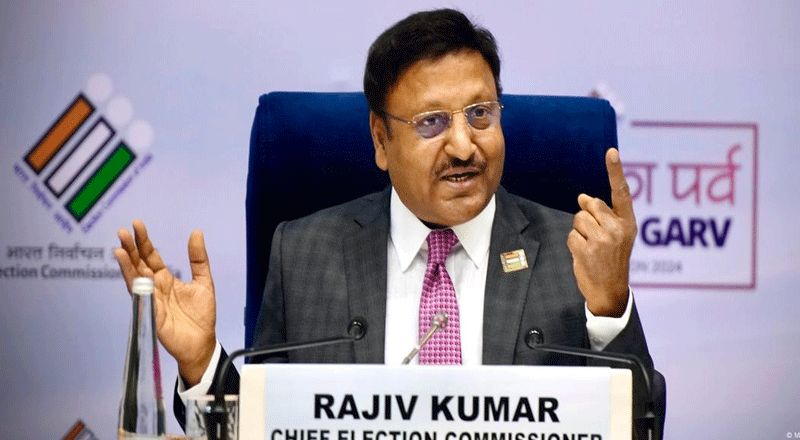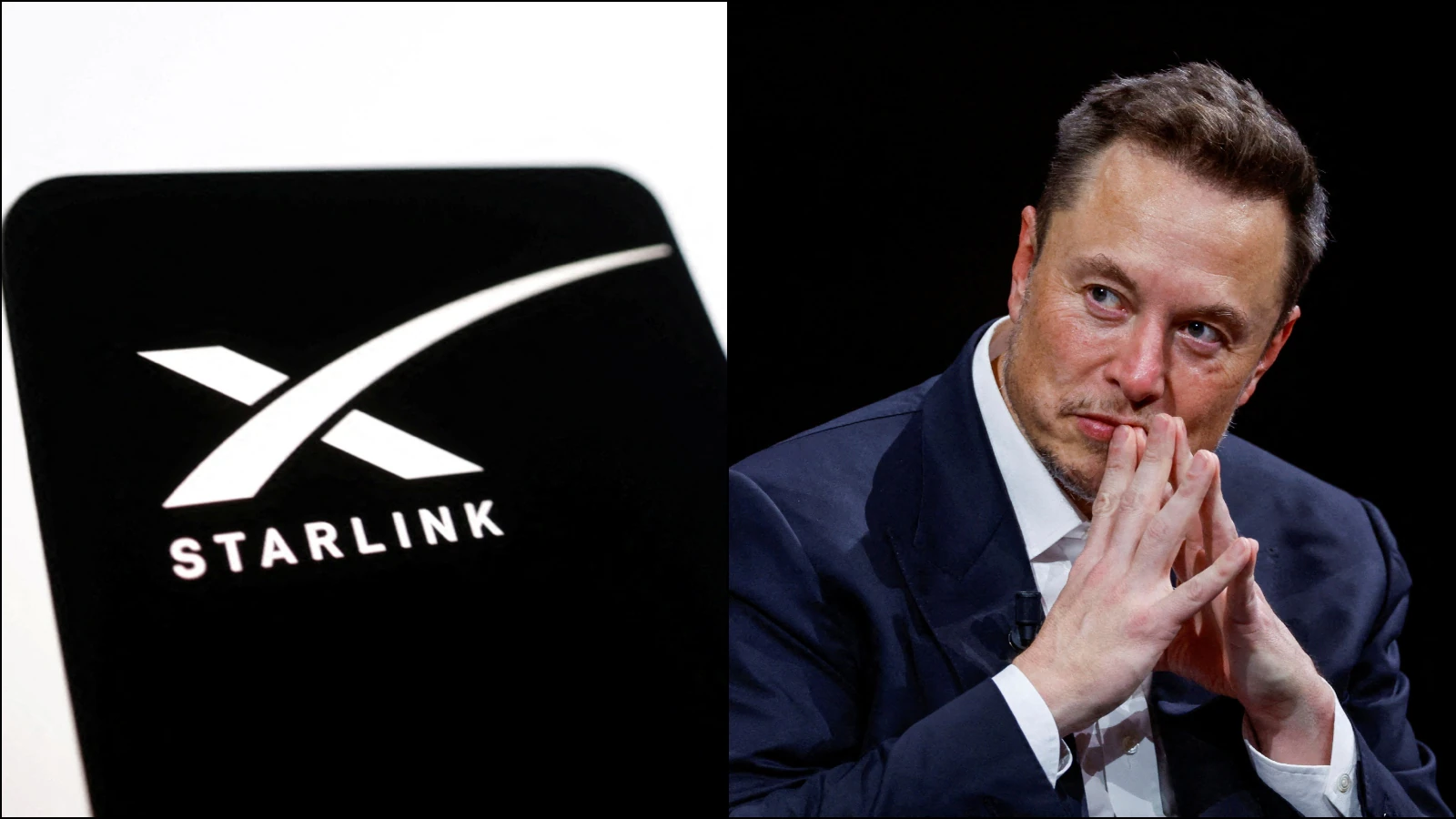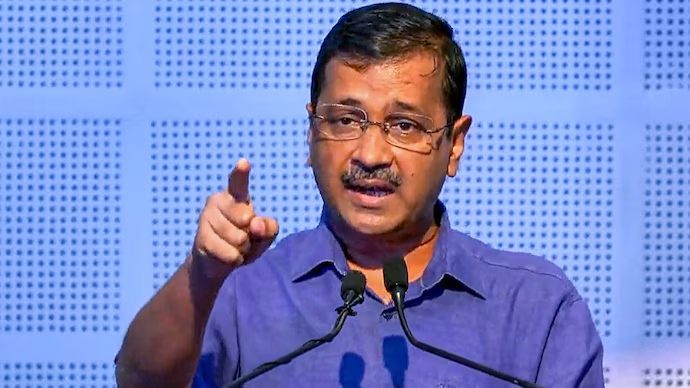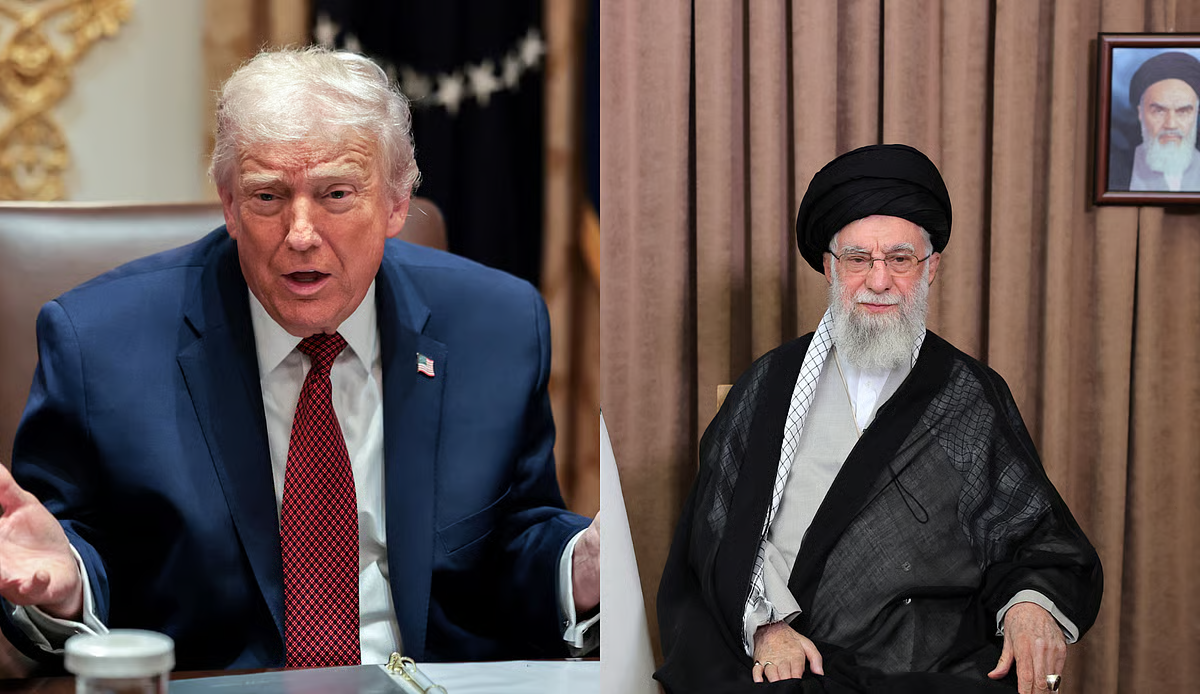
Rajiv Kumar’s Term Ends: Selection of New Chief Election Commissioner Begins
Process to Appoint India’s Next Election Chief Underway
As Rajiv Kumar’s tenure as the Chief Election Commissioner (CEC) comes to an end on February 18, the process to appoint his successor has begun. The new CEC will play a crucial role in overseeing the Bihar elections later this year and other key state elections in 2026, including Bengal, Tamil Nadu, Assam, and Kerala. The selection committee, which includes Prime Minister Narendra Modi, Union Law Minister Arjun Ram Meghwal, and Congress MP Rahul Gandhi as the Leader of the Opposition in Lok Sabha, is expected to convene soon to finalize the appointment.
Who is Rajiv Kumar?
Rajiv Kumar, a 1984-batch IAS officer from the Bihar/Jharkhand cadre, was appointed as the CEC in May 2022. During his tenure, he supervised major electoral events, including:
- The 2024 Lok Sabha elections
- Jammu and Kashmir’s first Assembly election in over a decade
- The 2022 Presidential election
- State elections in Karnataka, Telangana, Madhya Pradesh, Rajasthan, and Delhi
Despite allegations of bias by opposition parties, Kumar consistently defended the election process, assuring its robustness and fairness. He firmly dismissed allegations regarding the manipulation of Electronic Voting Machines (EVMs), citing judicial scrutiny and technological safeguards.
Selection Process of the Chief Election Commissioner in India
The appointment of the Chief Election Commissioner follows a structured process. As per the Chief Election Commissioner and Other Election Commissioners (Appointment, Conditions of Service, and Term of Office) Act, 2023, the selection committee comprises:
- The Prime Minister of India (Chairperson)
- The Leader of the Opposition in the Lok Sabha
- A Union Cabinet Minister, nominated by the Prime Minister
The committee is responsible for recommending a candidate for the President’s approval. Previously, the CEC and Election Commissioners were appointed solely by the President based on government recommendations, but recent legislative changes have formalized a selection panel, sparking debates over executive influence.
Challenges and Controversies
During Kumar’s tenure, the Election Commission faced scrutiny over allegations of bias towards the ruling party. Some controversies included:
- Allegations by the opposition: Congress and AAP accused the EC of favoring the BJP, particularly in handling election data and EVM concerns.
- Haryana voting data delay: Criticism arose over delays in releasing voter turnout data, raising concerns about transparency.
- Delhi election controversy: Just before the Delhi elections, AAP’s Arvind Kejriwal accused the EC of surrendering to political pressure, an allegation Kumar refuted.
Despite these criticisms, Kumar defended the integrity of the electoral system, insisting that India’s democratic framework ensures free and fair elections.
As India prepares to welcome a new Chief Election Commissioner, the appointment process remains under scrutiny, especially with pending Supreme Court hearings on the new selection law. The next CEC will face the significant challenge of ensuring transparent, unbiased, and smooth elections in the years ahead. Rajiv Kumar’s tenure will be remembered for its major electoral events, controversies, and his unwavering stance on election integrity. Whether the new appointee will face similar challenges or usher in reforms remains to be seen.
(With inputs from agencies)







